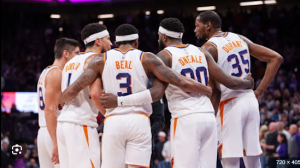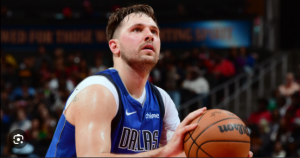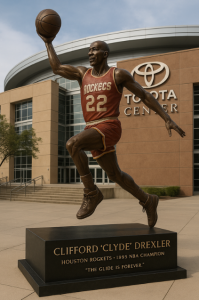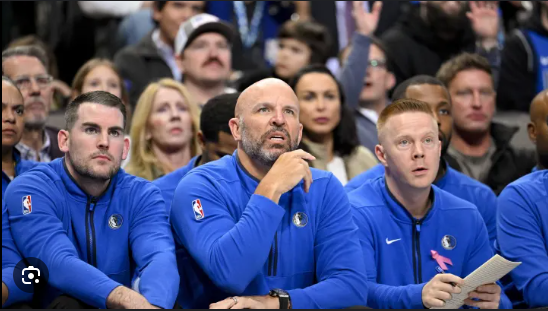
Dallas Mavericks’ biggest faux pas in the 2024 NBA free agency history revealed. See more…
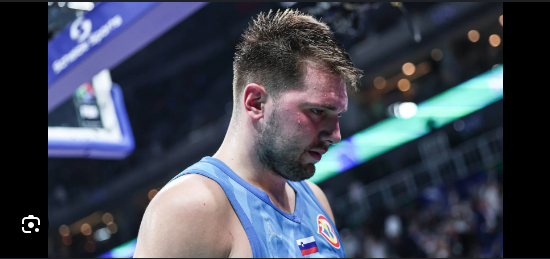
Derrick Jones Jr.’s journey through the NBA has been quite the odyssey, from his undrafted status out of UNLV to carving out a meaningful role with the Dallas Mavericks. His stint with the Mavs during the 2023-24 season represents a significant milestone in his career.
Signing a one-year, $2.7 million deal with Dallas after opting out of his contract with the Bulls, Jones Jr. managed to secure a pivotal role on a team that made it to the NBA Finals. His contribution was especially notable as he started a career-high 66 games, a testament to his reliability and the trust Coach Jason Kidd placed in him.
With averages of 8.6 points, 3.3 rebounds, and 1.4 stocks per game, Jones Jr. provided a balanced and energetic presence on both ends of the floor. His three-point shooting, though slightly below the league average at 34.3 percent, showed improvement with increased attempts, highlighting his evolving offensive game. His primary role as a defensive wing was crucial for the Mavericks, making him a valuable asset and a fan favorite in Dallas.
Derrick Jones Jr.’s decision to leave the Dallas Mavericks for the Los Angeles Clippers indeed raises several interesting considerations.
**Financial Factors:** Even though the Mavs had the option to offer Jones Jr. a three-year, $27 million deal using the mid-level exception, the financial landscape might have been more complex than it appears. High state income taxes in California could have impacted the net financial benefit of the Clippers’ offer. It’s possible that Jones Jr. didn’t gain a substantial financial advantage by moving to the Clippers, but the overall financial picture includes various factors beyond just the salary.
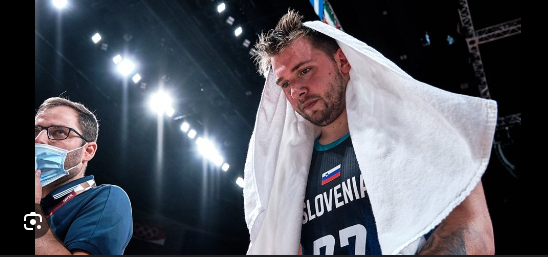
**Role and Opportunity:** Jones Jr.’s choice likely had a lot to do with his expected role on the Clippers versus the Mavs. With Paul George’s departure to the Philadelphia 76ers, the Clippers presented a more prominent opportunity for Jones Jr. to play a significant role. The potential for a larger role and increased responsibilities could be very appealing for a player looking to further establish himself as a key contributor in the league.
**Team Dynamics and Fit:** The Mavericks’ decision to pivot to Naji Marshall reflects a strategic approach to replacing Jones Jr.’s role with a similar player who offers defensive versatility. Marshall’s shooting efficiency from beyond the arc (38.7% on 2.3 attempts per game) and his defensive capabilities make him a worthy addition. While losing Jones Jr. was not ideal, Marshall’s skill set and potential fit with the Mavericks’ system provided a solid alternative.
**Overall Strategy:** The Mavericks’ approach, including the use of their mid-level exception on Marshall and their other moves, indicates a broader strategic vision. Signing Klay Thompson and trading for Quentin Grimes suggests they’re looking to build a well-rounded team while also managing their financial resources wisely.
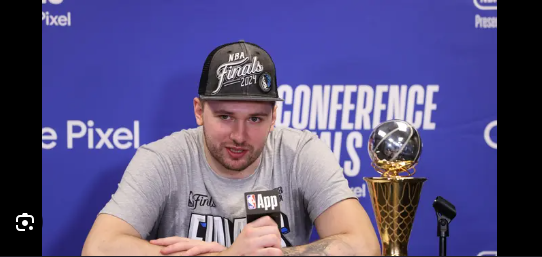
In summary, while the Mavs losing Jones Jr. over a relatively small difference in average annual value might seem surprising, the decision reflects a combination of financial considerations, role opportunities, and strategic team-building. The dynamics of the NBA, including player roles and team chemistry, often involve nuanced decisions that go beyond straightforward salary comparisons.
